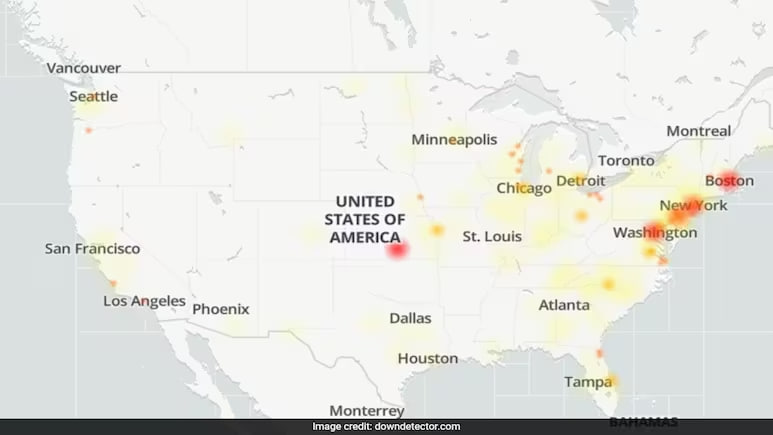In the world of networking and server management, two terms often arise: Proxy and VPS (Virtual Private Server). While both serve critical roles in the realm of internet connectivity and hosting, they cater to different needs and function in distinct ways. Understanding the disparities between these two concepts is essential for anyone navigating the complexities of online infrastructure. Let’s delve into the nuances that set Proxy and VPS apart.
Proxy Servers:
Definition:
A proxy server acts as an intermediary between users and the internet. When a user requests resources from the web, such as a webpage or file, the request first goes through the proxy server. The proxy server then evaluates the request and forwards it to the internet on behalf of the user. Once the response is received, the proxy server sends it back to the user.
Functions:
Anonymity: One of the primary functions of proxy servers is to provide anonymity to users by hiding their IP addresses. This is often used for privacy and security purposes.
Content Filtering: Proxy servers can be configured to filter content, allowing organizations to control and monitor the websites and resources that users can access.
Caching: Proxy servers can cache frequently accessed web pages and files, which helps improve performance and reduce bandwidth usage by serving cached content instead of fetching it from the internet every time.
Types of Proxies:
- HTTP Proxy: Handles HTTP requests.
- HTTPS Proxy: Handles HTTPS (secure) requests.
- SOCKS Proxy: Routes any type of traffic between the client and the server.
Transparent Proxy: Intercepts traffic without modifying it, often used for caching.
VPS (Virtual Private Server):
Definition:
A Virtual Private Server (VPS) is a virtualized server environment created by partitioning a physical server into multiple virtual servers. Each VPS operates independently with its own operating system, resources, and configuration.
Functions:
- Hosting: VPS hosting allows users to host websites, applications, and services in an isolated environment that they have complete control over.
- Scalability: VPS hosting offers scalability, allowing users to easily upgrade or downgrade their resources as needed.
- Customization: Users have full administrative access to their VPS, enabling them to install custom software, configure settings, and manage security measures.
- Isolation: Each VPS operates independently of others on the same physical server, providing a level of isolation and security.
Key Differences:
Purpose: Proxies primarily serve as intermediaries for web requests, offering anonymity and content filtering. VPS, on the other hand, are used for hosting websites, applications, and services in a customizable and scalable environment.
Isolation: While both Proxy and VPS provide a degree of isolation, VPS offers complete isolation at the server level, whereas proxies handle individual connections but don’t isolate entire environments.
Control and Customization: VPS grants users full control over their virtual environment, allowing them to install software, configure settings, and manage security measures. Proxies, while configurable, typically offer fewer customization options compared to VPS.
Resource Allocation: In a VPS, users have dedicated resources allocated to their virtual server, whereas in a proxy setup, resources are shared among multiple users.
In summary, while both Proxy servers and VPS fulfill vital roles in the realm of internet connectivity and hosting, they serve different purposes and offer distinct features. Understanding these differences is crucial for selecting the right solution based on specific needs, whether it’s ensuring privacy and anonymity with proxies or hosting websites and applications with VPS.






